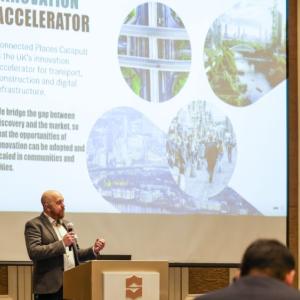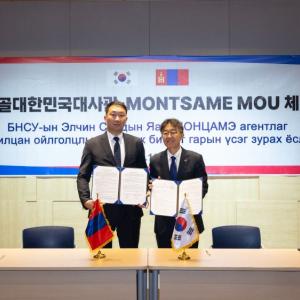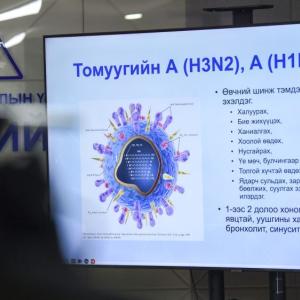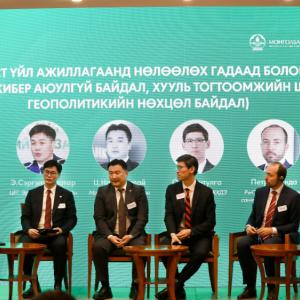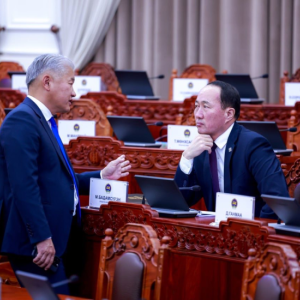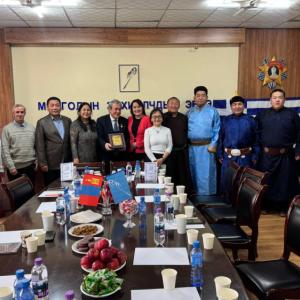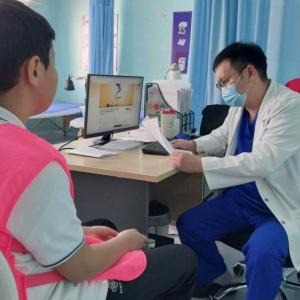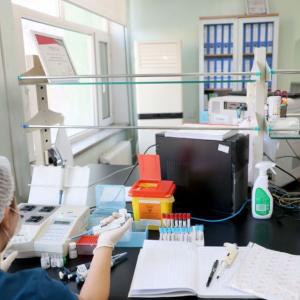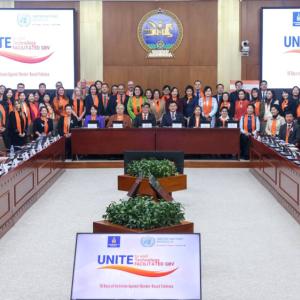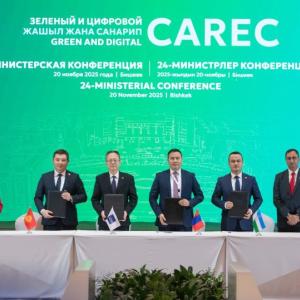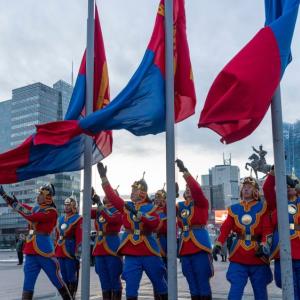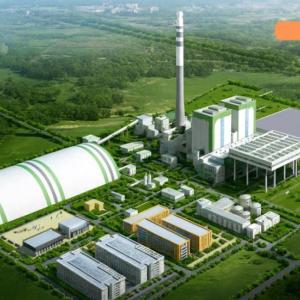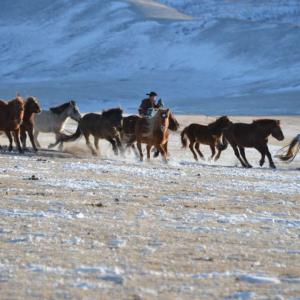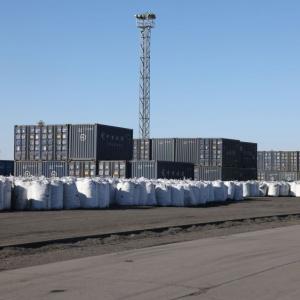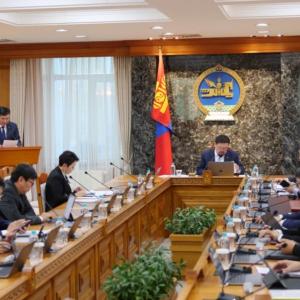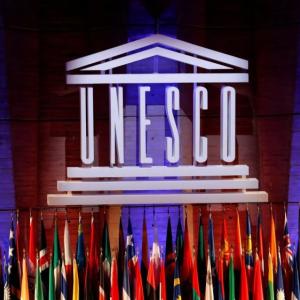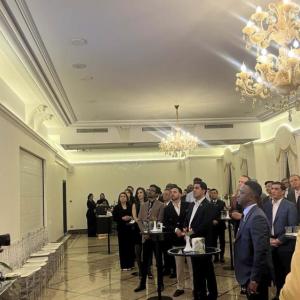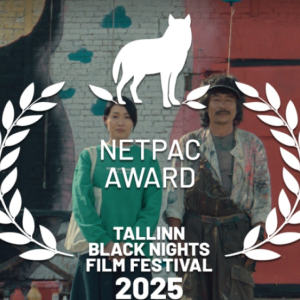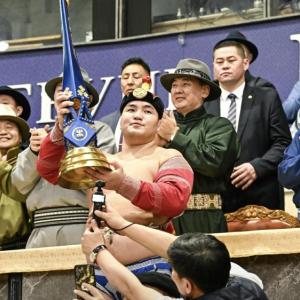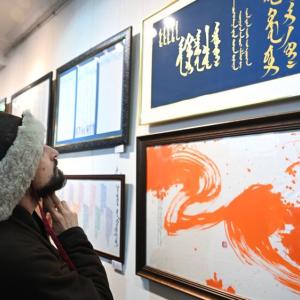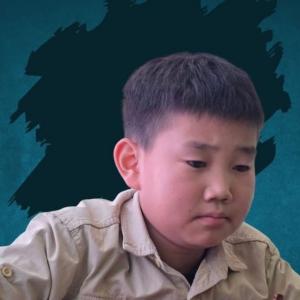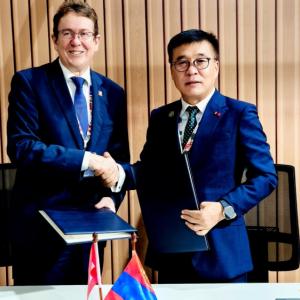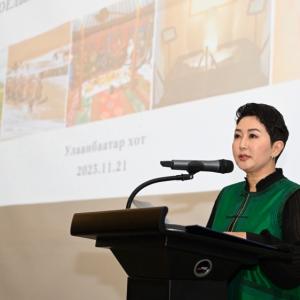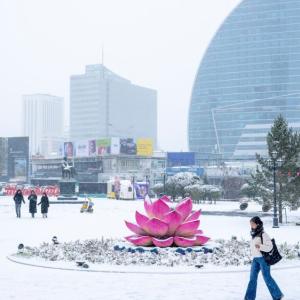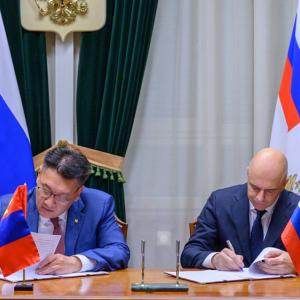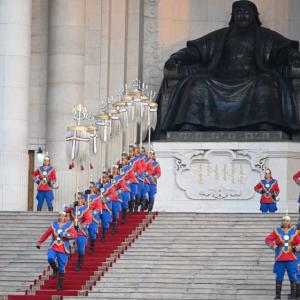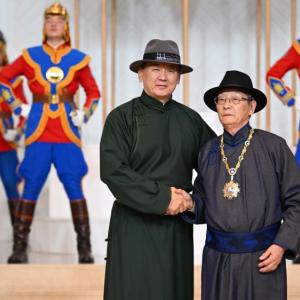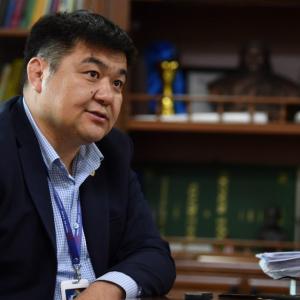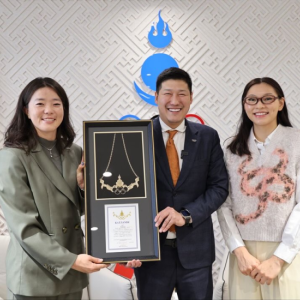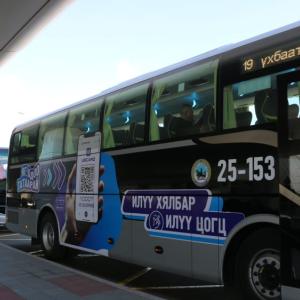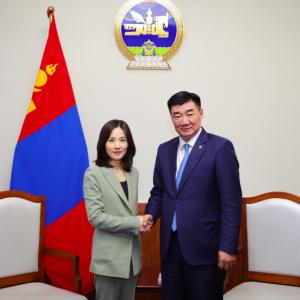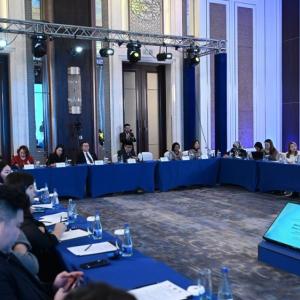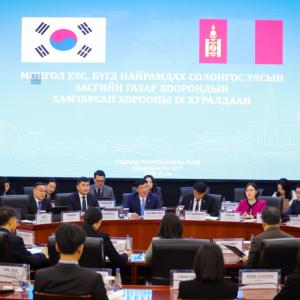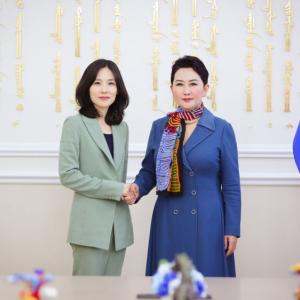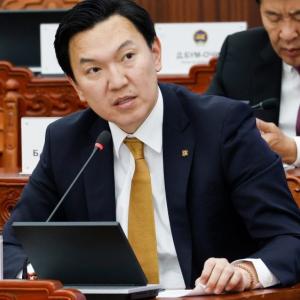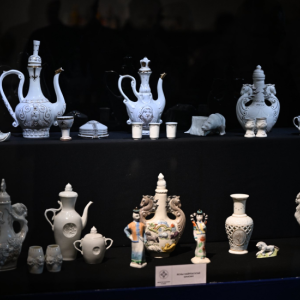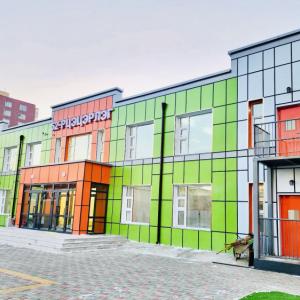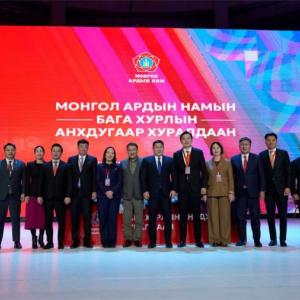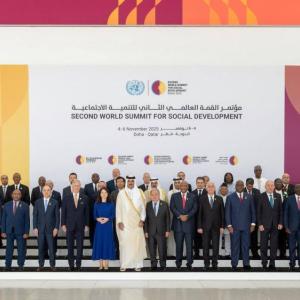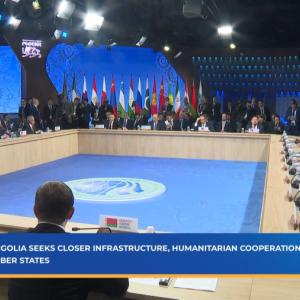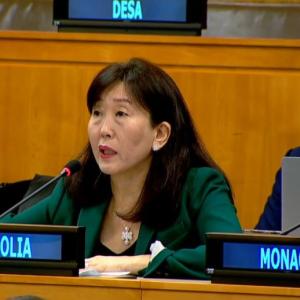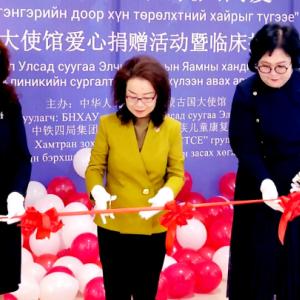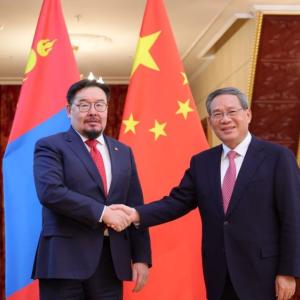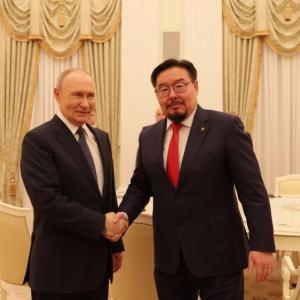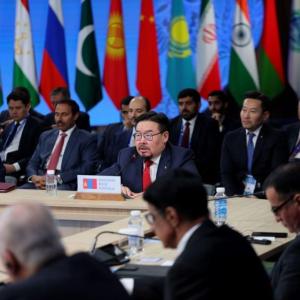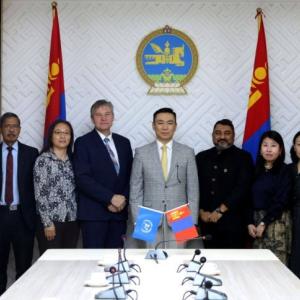Situations of foreign debt, human rights in Mongolia presented at Human Rights Council Session
Politics
Ulaanbaatar /MONTSAME/. The 43rd session of the United Nations Human Rights Council is taking place between 24 February and 20 March in Geneva, Switzerland.
On March 04, UN Independent Expert on foreign debt and human rights, Juan Pablo Bohoslavsky and UN Special Rapporteur on the situation of human rights defenders, Michel Forst presented their reports on their visits to Mongolia.
UN Independent Expert Juan Pablo Bohoslavsky, who worked in Mongolia in September 2019, thanked for the government of Mongolia for cooperating with him during his trip to Mongolia and afterwards, becoming a good example of cooperation with the UN Human Rights Council.
Despite decline in foreign debts of Mongolia during recent years, Mr. Juan Pablo Bohoslavsky notified about imminent economic challenges due to a large amount of foreign debts held by individuals and entities.
Noting that the mining industry becomes a driving force of Mongolia’s social and economic growth, the UN Independent Expert emphasized about the importance of community groups gaining equally from the development yields while taking the environment, pastureland and nomadic livestock husbandry conditions into considerations. He also praised the establishment of several funds aimed at maintaining economic stability and equal distribution of mining profits.
The Special Rapporteur on the situation of human rights defenders Michel Forst, who visited Mongolia in April and May 2019 to assess the situation of human rights defenders in the context of the State’s obligations and commitments under international human rights law.
In his report, Mr. Michel Frost praised the significant number of Mongolian laws in Mongolia generally guarantees the rights and freedoms of human rights defenders in the country. However, he expressed the concerns with the country’s failure to effectively implement these laws in practice.
Special Rapporteur also appreciated that Mongolia is, in general, a relatively safe country for human rights defenders, but he believes this relatively safe environment does not translate into a situation where human rights defenders are encouraged, enabled and empowered in their activities.
“Obstacles such as stigmatization, pressure, criminalization, hate speech on social media, and recent political discourse and legislative amendments hinder the work of human rights defenders” he notes in his report.
He concludes that a robust law to protect human rights defenders, which the Government began working on prior to the visit of the Special Rapporteur, would prove to be a powerful step forward for the recognition and protection of human rights defenders in the country.
The Special Rapporteur also appreciated the commitment by the Government of Mongolia on working to adopt a law to protect human rights defenders. “Given that no other country in the region has adopted a law to protect defenders, the adoption of legislation on this matter would prove to be a powerful step forward in the country and the region as a whole.” Mr. Michel Forst presented in his report.
 Ulaanbaatar
Ulaanbaatar





